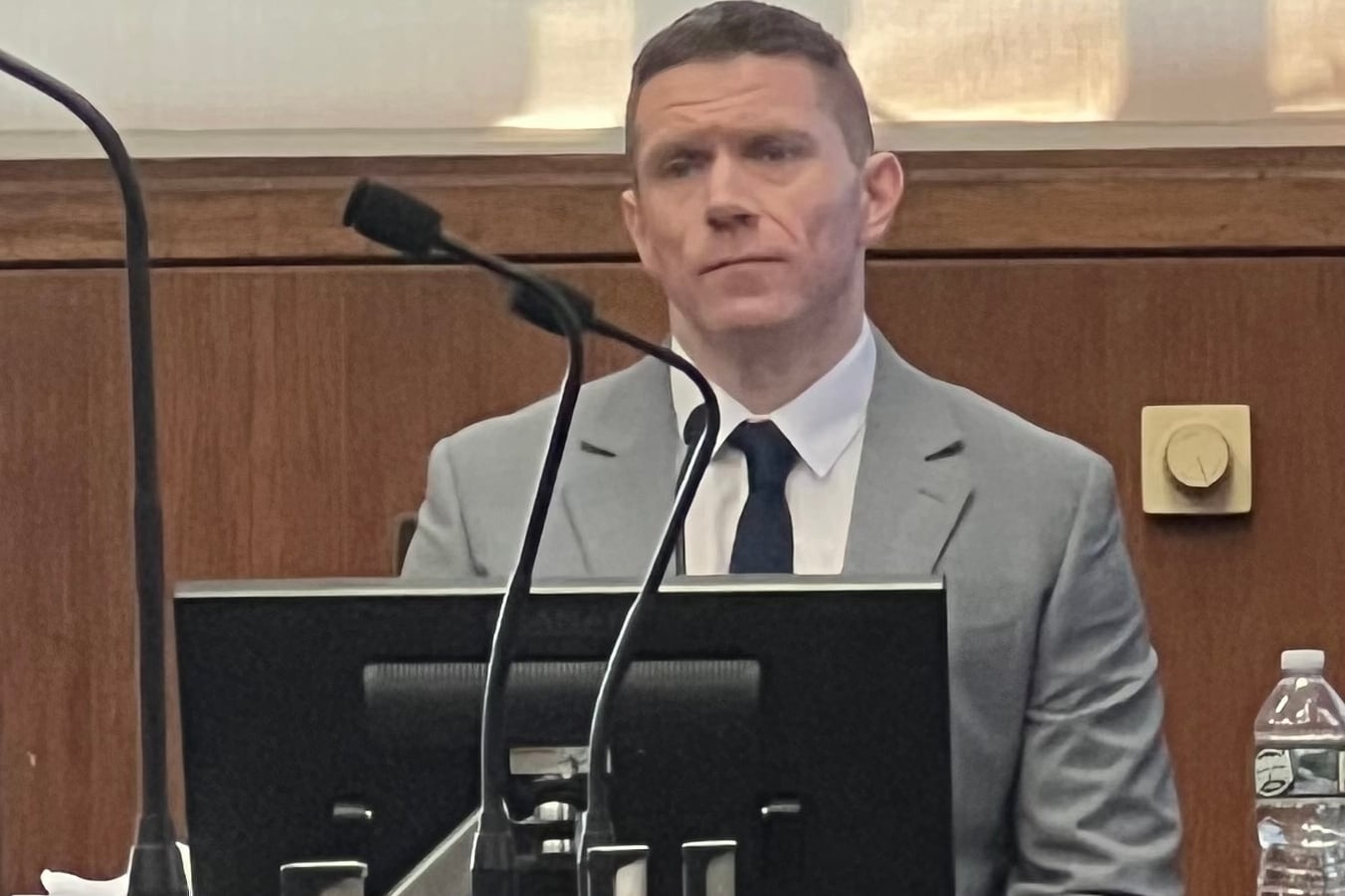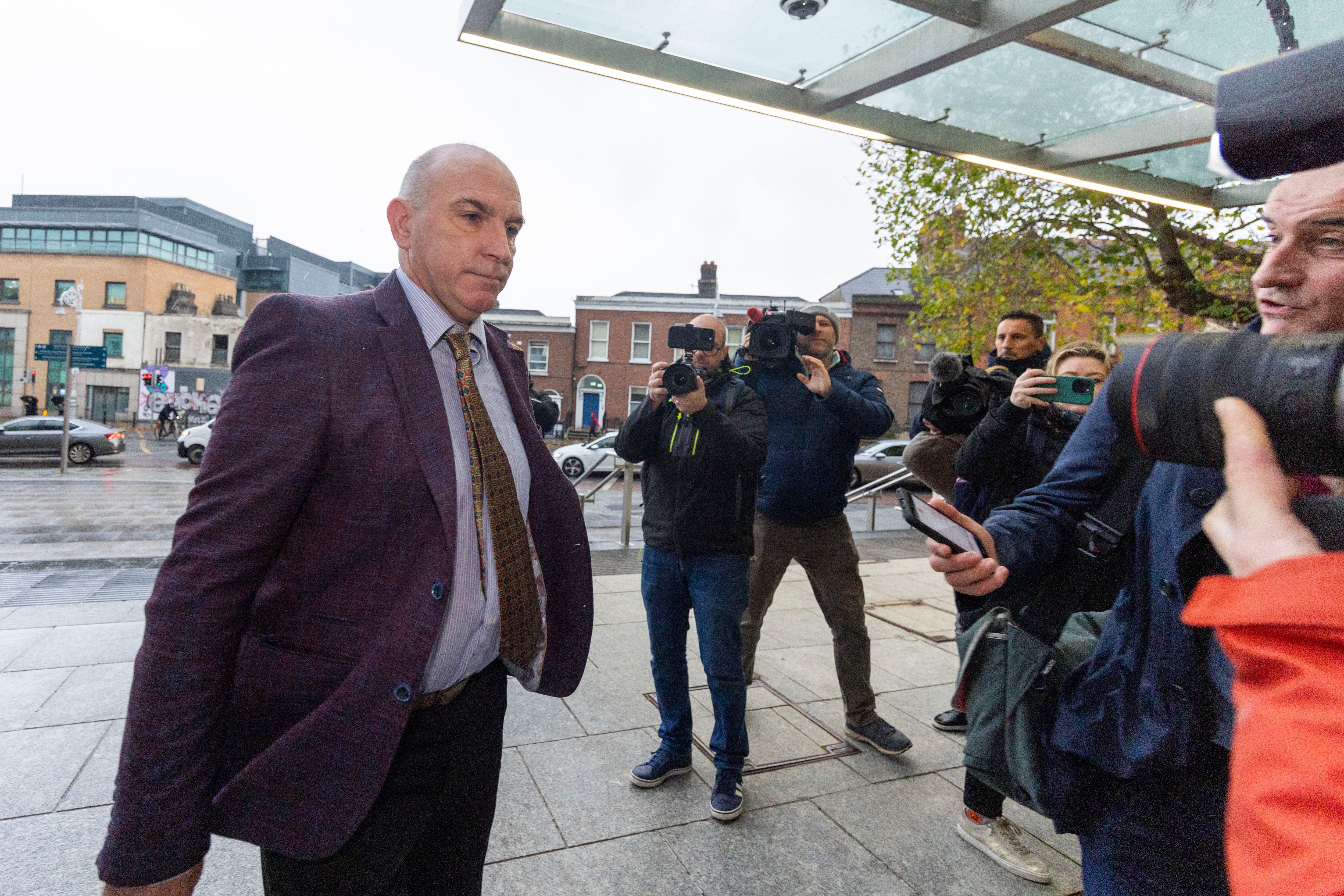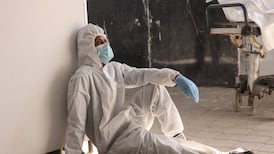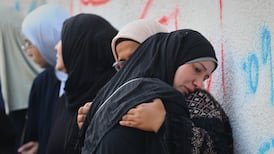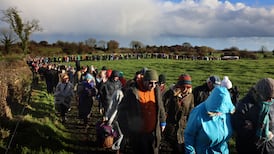Optimism is fading within Israel’s intelligence service that an attempt to wipe out the Hamas leadership in Qatar was successful.
After initially reporting that Tuesday’s strike on a building in the Qatari capital Doha had likely eliminated most of the leaders of the militant group, reports by Israeli intelligence sources on Wednesday raised doubts regarding the effectiveness of the attack.
“Right now there’s no indication that the terrorists were killed,” said one intelligence source. “We continue to hope they were assassinated, but optimism is fading.”
The sources said that based on information gathered so far, pending a final battle damage assessment, Israel is pessimistic about lethal hits on most targets, and possibly all of them.
READ MORE
Qatar has served as Hamas’s de facto safe haven in recent years, with about 1,000 members and their families living in Doha in government-provided housing.
An Israeli source stressed that, regardless of the outcome, one goal – to instill fear in Hamas leaders and show them there is no place where they can successfully hide – was achieved.
The gathering in the Qatari capital was believed to include all of the Hamas leadership outside Gaza, including the head of Hamas’s Gaza units, Khalil al-Hayya; Zaher Jabarin, who leads Hamas in the West Bank; Muhammad Darwish, the head of Hamas’s Shura council; Nizar Awadallah, a veteran Hamas leader; and Khaled Mashaal, the head of Hamas abroad.
Hamas confirmed that five of its members were killed, describing them all as members of its negotiating delegation and their escorts. But, the militant group insisted none of its senior leaders were killed.
“The movement’s leadership survived the assassination attempt and the strike indicates Israel’s intention to thwart any possibility of reaching an agreement,” Hamas said in an official statement.
Israel’s defence minister Israel Katz issued a belligerent statement on Wednesday, despite the apparent failure of the Qatar attack.
“Israel’s long arm will act against its enemies everywhere. There is no place for them to hide,” he said. He also warned that if Hamas does not accept Israel’s conditions for ending the war, namely the release of the hostages and disarmament, “they will be destroyed and Gaza will be destroyed”.
The Wall Street Journal reported that more than 10 fighter jets participated in Tuesday’s attack, firing at least 10 long-range missiles at the building where the Hamas officials were located. They were launched from outside Qatari, Saudi or Emirati airspace, according to the report.
The paper reported that Egypt and Turkey sent firm but unspecified warnings to Hamas leaders in recent weeks urging them to step up security measures.
Despite the growing assessment in Israel that the Doha strike failed to eliminate the Hamas leadership, the ramifications are still significant, with more questions than answers.
Along with the widespread condemnation from across the region and the international community, the most immediate concern was the impact on the 48 hostages held in Gaza, especially the fate of the 20 still believed to be alive.
[ Ursula von der Leyen proposes suspending parts of EU trade deal with Israel Opens in new window ]
The families of the hostages were concerned Hamas would execute some of the hostages if their senior leaders had been killed.
Former prime minister Naftali Bennett said the fate of the hostages was already hanging in the balance before the Israeli strike. “If we don’t act, they will die,” he argued. “Hamas doesn’t want to release them unless it can remain a terror state on our border.”
Another question concerns the fate of the ceasefire contacts after mixed messages from Qatar over its future role as a mediator following the Israeli attack. It remains to be seen if Egypt, the other senior Arab mediator, is able or willing to fill the void.


